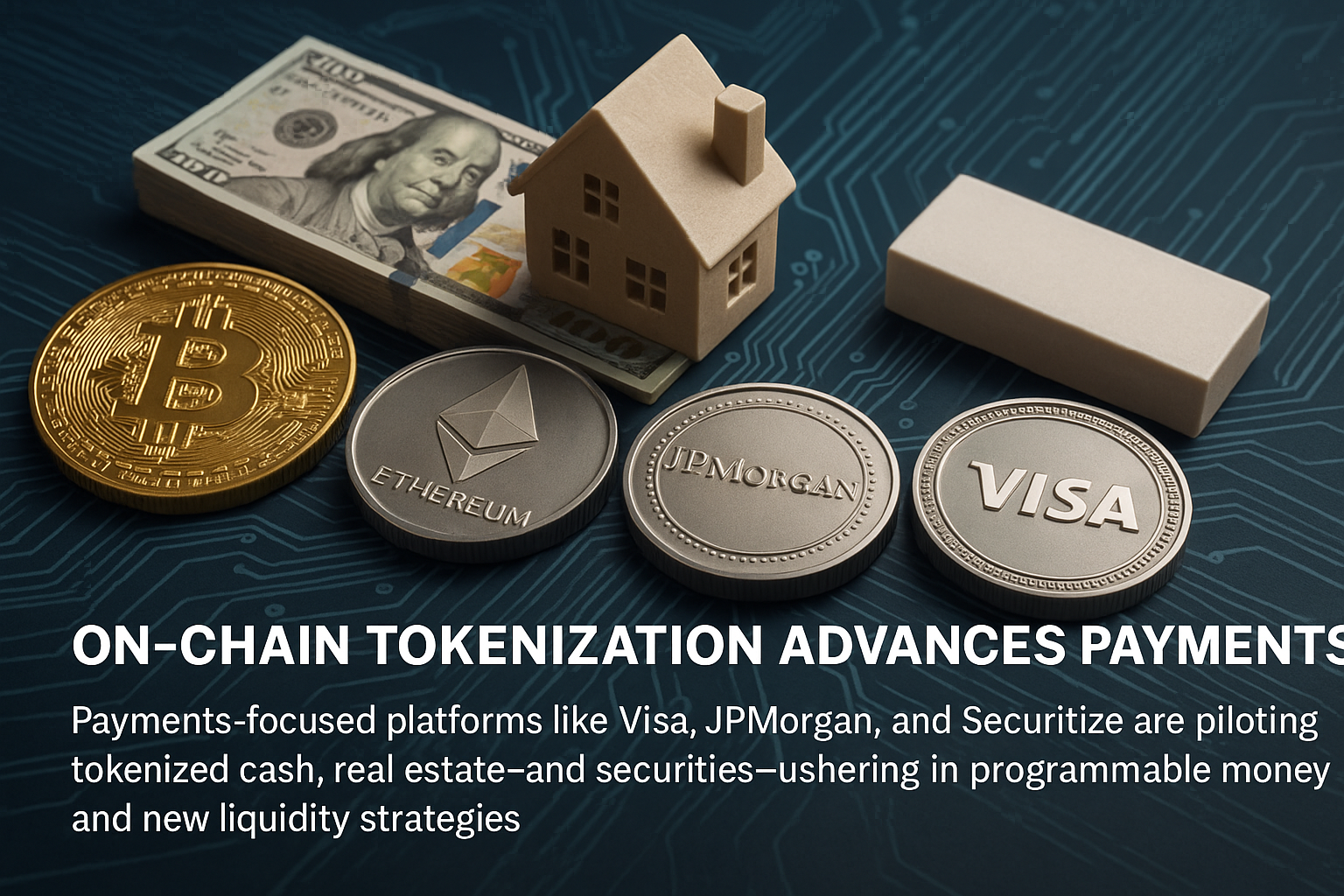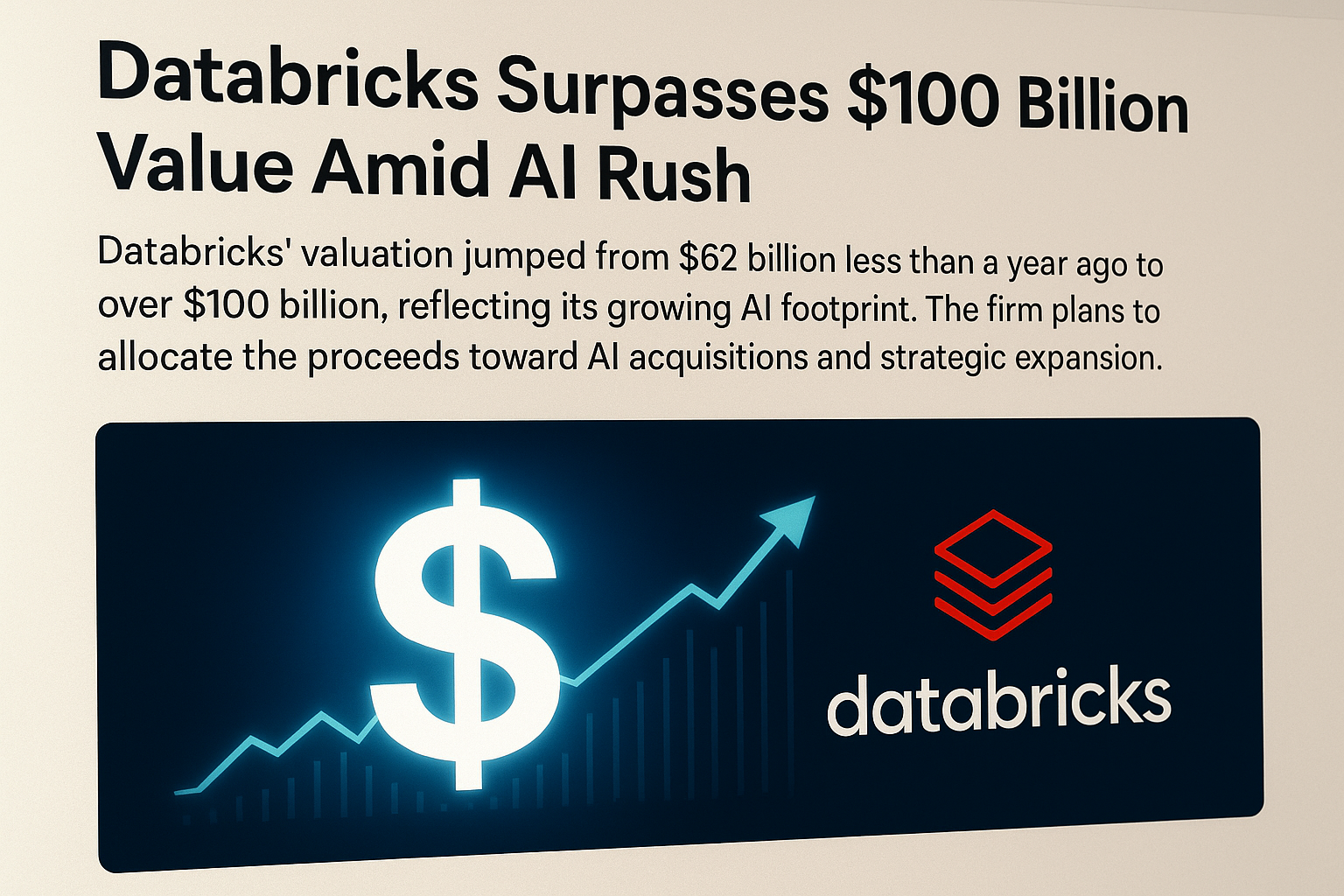In 2025, the financial world is undergoing one of its most profound transformations yet — the rise of on-chain tokenization in payments. Major platforms like Visa, JP Morgan, and Securitize are no longer just experimenting at the fringes of blockchain technology. They are actively piloting solutions that tokenize cash, real estate, and securities, signaling the dawn of programmable money and reshaping liquidity strategies across the globe.
What is On-Chain Tokenization?
On-chain tokenization refers to the process of converting ownership rights to real-world assets — like cash, property, or securities — into digital tokens that exist on a blockchain. Unlike traditional digital representations (e.g., a bank’s digital ledger entry), tokenized assets live on decentralized or permissioned networks, allowing for transparent, immutable, and real-time tracking of asset ownership and movement.
The concept of tokenization isn’t new, but what’s revolutionary today is its application at scale in payments ecosystems. By embedding these tokens directly into payment networks, institutions can unlock programmable finance, where rules, compliance checks, and settlement logic are baked into the token itself.
Visa, JP Morgan, and Securitize: Leading the Charge
Visa’s Tokenized Cash Trials
Visa is building upon its expertise in digital payments by trialing tokenized cash systems. The company is exploring how blockchain-native representations of fiat currency can enable faster, cheaper, and more secure payments — whether between consumers, merchants, or institutions. The initiative promises to bridge today’s card networks with future crypto-compatible platforms, potentially removing frictions in cross-border transactions and settlement times.
JP Morgan’s Tokenized Securities & Cash
JP Morgan, through its Onyx division, is a leader in tokenized asset innovation. The firm has piloted tokenized cash to improve liquidity management and enable real-time treasury operations for corporations. Moreover, its work with tokenized securities points to a future where bonds, equities, and even derivatives can be issued, traded, and settled on-chain, cutting down layers of intermediaries and slashing operational costs.
Securitize’s Real Estate Tokenization
Securitize has pioneered tokenized real estate, offering investors fractional ownership of high-value properties that can be easily traded on blockchain platforms. These tokens bring liquidity to an otherwise illiquid asset class, allowing smaller investors to gain exposure to commercial properties and providing issuers with a more efficient way to raise capital.
The Benefits of Tokenized Payments
-
Programmability: Payments can be conditioned on smart contract logic — for example, releasing funds automatically upon delivery confirmation or regulatory approval.
-
Liquidity: Assets like real estate and private equity, traditionally locked up for years, can be fractionalized and traded, enhancing market liquidity.
-
Transparency & Security: Blockchain records provide immutable proof of transactions and ownership, reducing fraud risks and improving regulatory compliance.
-
Efficiency: Tokenization reduces reliance on intermediaries, cutting costs and speeding up processes like settlement and reconciliation.
Challenges Ahead
Despite the promise, there are hurdles to overcome. Regulatory frameworks are still evolving, and questions about cross-border legal recognition, privacy, and cybersecurity need addressing. Moreover, interoperability between different blockchains and legacy systems is a technical challenge that companies are racing to solve.
The Road to the Future
The shift towards tokenized payments is no longer hypothetical. As Visa, JP Morgan, and Securitize demonstrate, the integration of tokenization into mainstream finance is well underway. We are witnessing the gradual construction of a global programmable economy, where the flow of value is as flexible, automated, and intelligent as the flow of data is today.
The next few years will be critical in determining how these pilot projects scale and how quickly regulations can keep pace. One thing is certain — tokenization is set to redefine not just payments, but the very fabric of finance itself.




